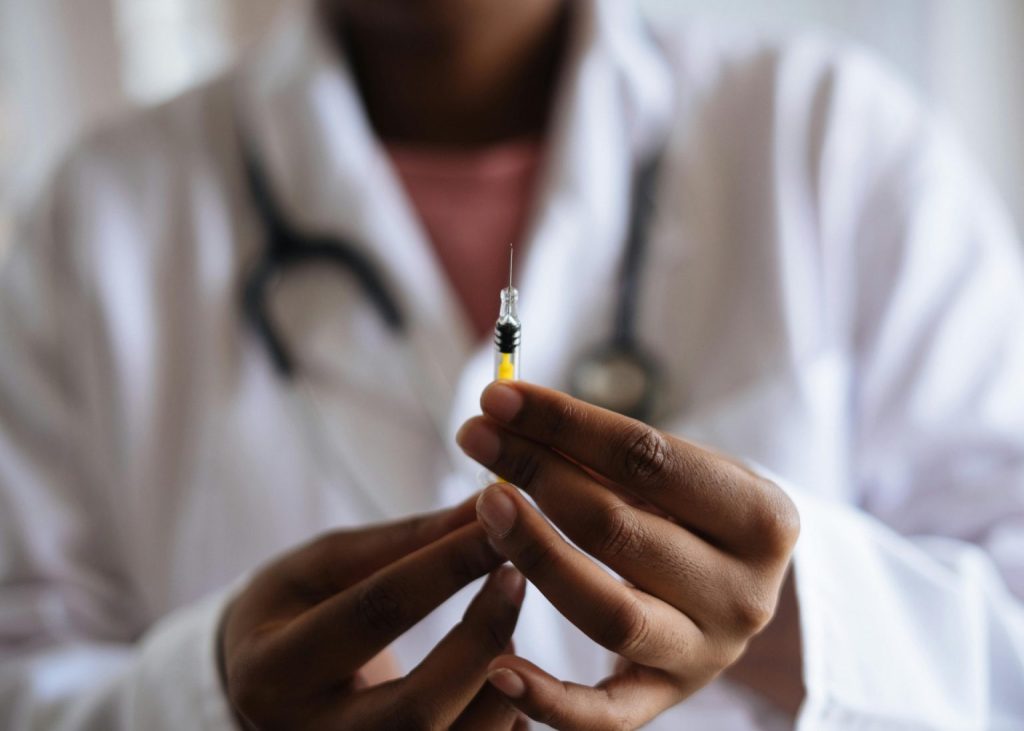As Kenya marks World Malaria Day, it is a time to reflect on the progress made since the first World Malaria Day was commemorated 17 years ago in 2008.
According to the World Health Organisation (WHO), there are close to 600,000 deaths annually resulting from malaria in the world, with the majority of the cases being reported in Africa.
The demographic at high risk of a malaria infection includes children under five, women and girls, indigenous people, migrants, persons with disabilities, and people in remote areas with limited healthcare access.
“New data from the WHO reveal that an estimated 2.2 billion cases of malaria and 12.7 million deaths have been averted since 2000, but the disease remains a serious global health threat, particularly in the WHO African Region,” a statement from the WHO indicates.
Increase in malaria deaths
WHO’s 2024 Malaria report indicates that there were an estimated 263 million cases and 597,000 malaria deaths worldwide in 2023. This translates to close to 11 million more cases in 2023 in comparison to 2022, and nearly the same number of deaths.

Approximately 95% of the deaths occurred in the WHO African Region, where many at risk still lack access to the services they need to prevent, detect and treat the disease.
In Kenya, a report by the Global Fund in 2024 indicated that deaths occurring from malaria had increased from 10,000 in 2010 to 12,000 in 2022.
This is despite government interventions and aid from foreign partners, including the United States, which finance vaccine development programmes, distribution of bed nets, malaria research and coordinate awareness programmes.
Vaccination funding gaps
Kenya, however, made remarkable progress in the malaria vaccine administered to children under the age of five as part of routine vaccination.
Through the vaccination programme, children under the age of five recorded a decrease in mortality rate of 13 per cent throughout the African countries where the vaccine programme was piloted.

With countries like Cape Verde and Egypt having been declared malaria-free, Kenya’s efforts to achieve zero deaths arising from malaria seem to be hampered by the latest move by US President Donald Trump to halt funding for vaccine development for three months.
Experts warn that the temporary halt to the funding could result in unintended consequences, including resistance to anti-malaria drugs, insecticides and a spike in infant deaths, which could have otherwise been prevented through the vaccine programme.
WHO, however, remains optimistic with the progress made in reducing deaths from malaria through vaccination, early diagnosis, treatment and prevention measures.